Revolutionizing Mental Health Care with Machine Learning Technologies
Machine Learning’s Role in Revolutionizing Mental Health Technologies
In an era where technology intersects with health care, machine learning (ML) emerges as a pivotal force in reshaping mental health services. Reflecting on recent advancements, as illustrated by AI applications in mental health care, it’s evident that machine learning not only enhances accessibility but also deepens our understanding of complex mental health conditions. This article draws on multiple references, including developments covered in previous discussions on my blog, to explore the transformative impact of machine learning on mental health technologies.
Expanding Accessibility to Mental Health Care
One of the most pressing challenges in the mental health sector has been the accessibility of care for individuals in remote or underserved regions. AI-powered solutions, leveraging machine learning algorithms, offer a bridge over these gaps. Projects like AI-Powered Mental Health Care signify a move towards more accessible care, harnessing technology to reach individuals who might otherwise face significant barriers to accessing mental health services.
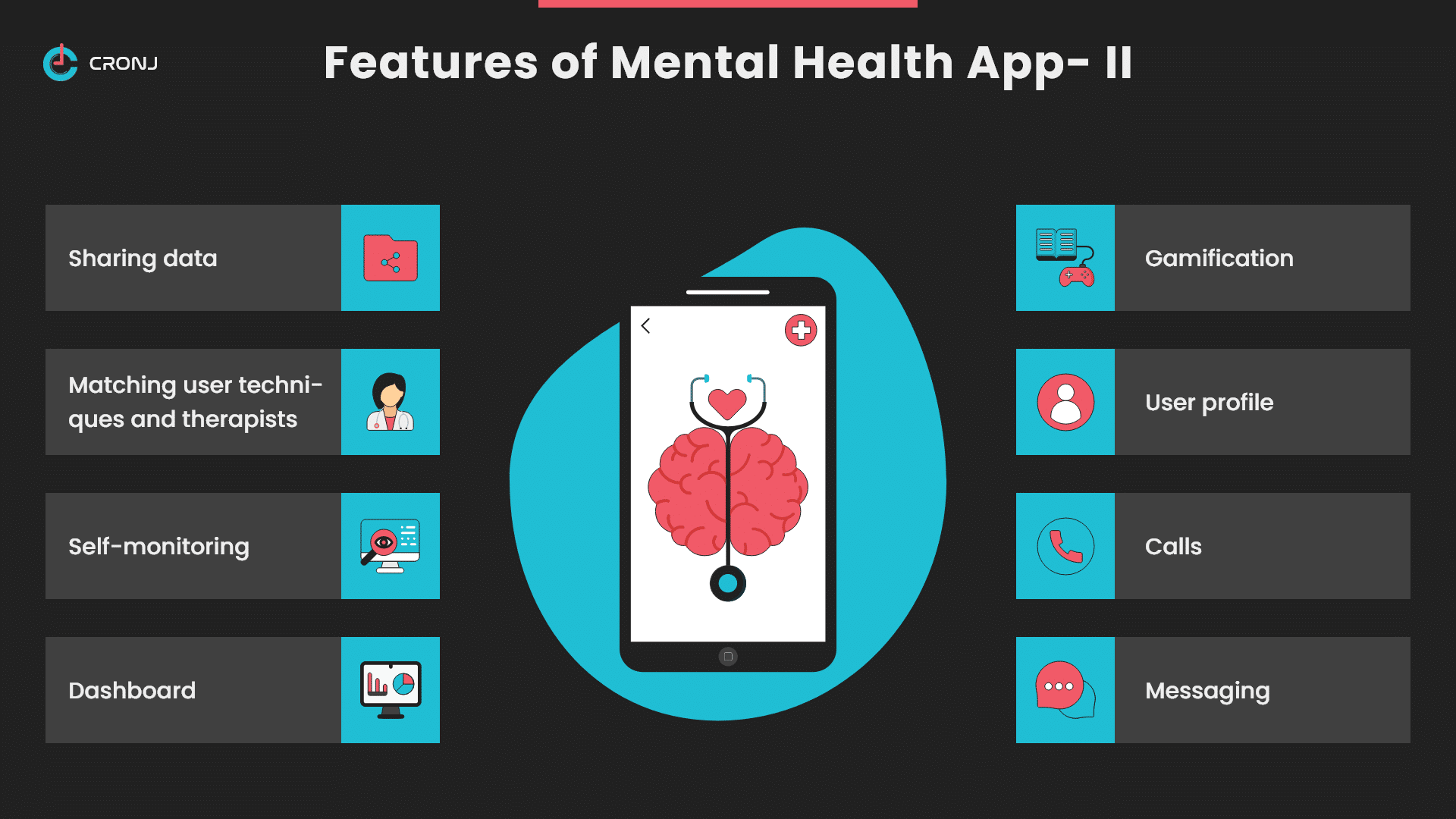
Personalization Through Machine Learning
The advent of machine learning has also enabled unprecedented levels of personalization in therapy and mental health care. By analyzing data points from patient interactions, ML algorithms can tailor therapeutic approaches to individual needs. This bespoke form of therapy not only increases the efficacy of interventions but also aids in patient engagement and retention, factors crucial to successful outcomes in mental health care.
Machine learning’s ability to sift through large datasets to identify patterns also holds promise for early diagnosis and intervention, potentially identifying at-risk individuals before a full-blown crisis occurs. This proactive approach could revolutionize mental health treatment paradigms, shifting focus from reactive to preventive care.
Addressing Ethical Considerations in AI-powered Mental Health Care
With innovation, however, come ethical considerations. The deployment of AI and machine learning in mental health care necessitates a careful balance between leveraging technology for the greater good and ensuring the privacy, dignity, and autonomy of individuals. Issues around data privacy, bias in algorithmic design, and the need for transparency and consent are paramount. Initiatives like AI in Sustainable Design showcase how technology can be wielded responsibly, adhering to ethical guidelines while promoting sustainability and well-being.
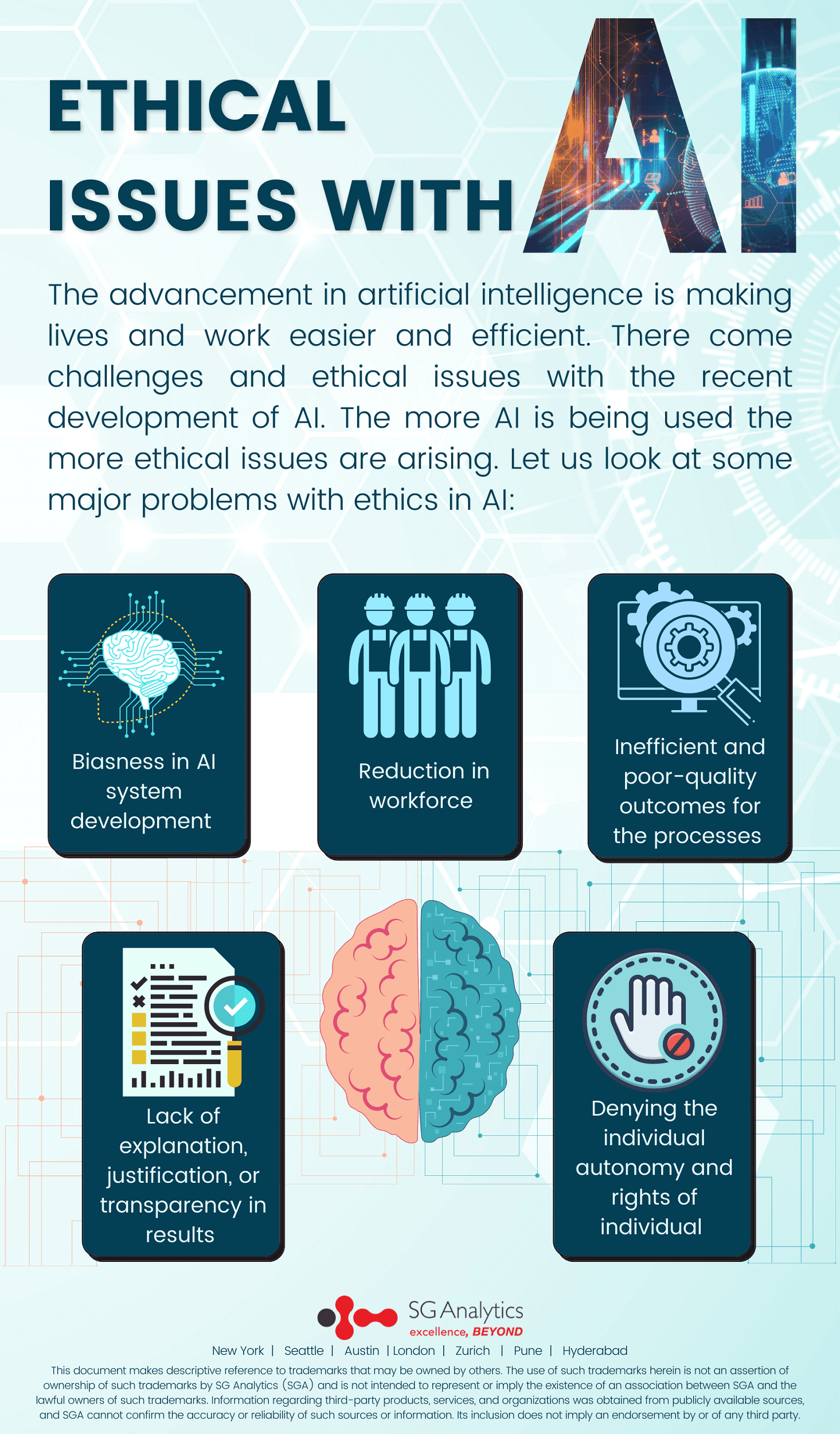
The Road Ahead: Machine Learning and Mental Health
The potential of machine learning in mental health care is vast, with ongoing research and applications pointing towards a future where technology and health care are seamlessly integrated. As we continue to explore this frontier, it is crucial to maintain a dialogue around the ethical use of technology, ensuring that human values guide AI development. Moreover, the need for interdisciplinary collaboration—bringing together psychologists, technologists, ethicists, and patients—has never been more critical.
Reflecting on previous insights into AI-Powered Mental Health Care and the broader implications of machine learning across various sectors, it’s clear that we are on the cusp of a healthcare revolution. The journey of integrating AI into mental health care is fraught with challenges, yet it promises to usher in a new era of accessibility, personalization, and proactive care.
As we look to the future, the role of machine learning in healthcare is indisputable. By harnessing the power of AI, we can transform mental health care into a realm where every individual has access to the support they need, tailored to their unique circumstances.
Keeping abreast of these innovations and reflecting upon their implications not only enriches our understanding but also prepares us for the ethical and practical challenges ahead. As I continue to explore the intersection of technology and human experience through my work in AI, cloud solutions, and beyond, the evolution of machine learning in mental health remains a focal point of interest and optimism.
Conclusion
The convergence of machine learning with mental health care symbolizes a leap towards more empathetic, accessible, and effective healthcare solutions. In this transformative journey, it is incumbent upon us to steer technological advancements with foresight, compassion, and an unwavering commitment to ethical principles. As we stand on the brink of this new era, the promise of better mental health care through machine learning is not just a possibility—it is within reach.
Focus Keyphrase: Machine Learning in Mental Health
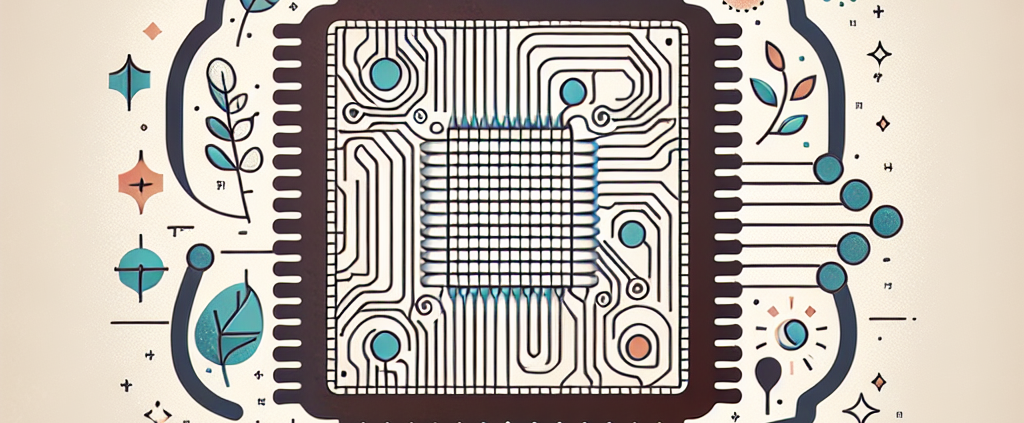
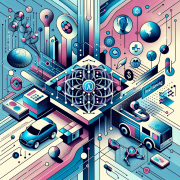
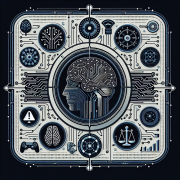
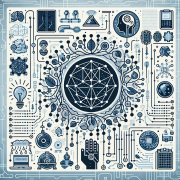
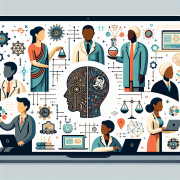
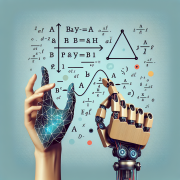
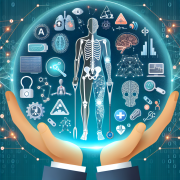


Hello everyone, David Maiolo here. I wanted to delve into how machine learning technologies are influencing the mental health sector because I’ve been fascinated by the potential of AI in enhancing health care. This article is a reflection of my ongoing exploration into the intersection of technology and human wellness. By understanding the implications and opportunities, we can better navigate the future of health care. I hope this sparks further discussion on the importance of ethical AI and personalized care in mental health. Let’s keep pushing the boundaries of what’s possible together.
Honestly, as someone a bit wary about all this AI stuff, reading about how machine learning can help mental health care seems promising. I’ve seen first-hand how inaccessible mental health services can be working with an alarm company, dealing with a lot of emergency situations that could’ve been prevented with better support. Also, having lived in both New York and Florida, the difference in care availability is stark. What strikes me is the ethical side of things — maintaining privacy and human dignity in AI’s hands is crucial. It’s vital we don’t lose sight of that as we advance. Also, gotta say, relating AI to something like Attack on Titan, where overcoming seemingly insurmountable challenges is a key theme, gives me a bit of hope for the future.